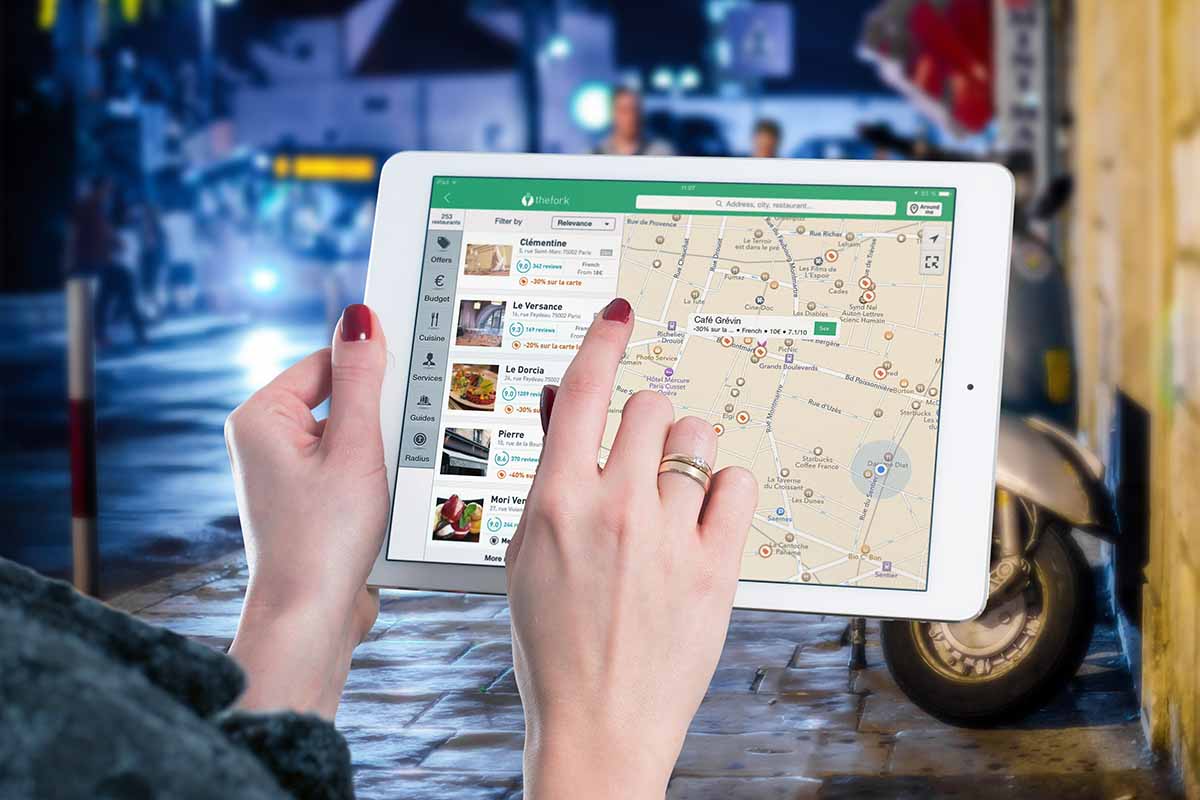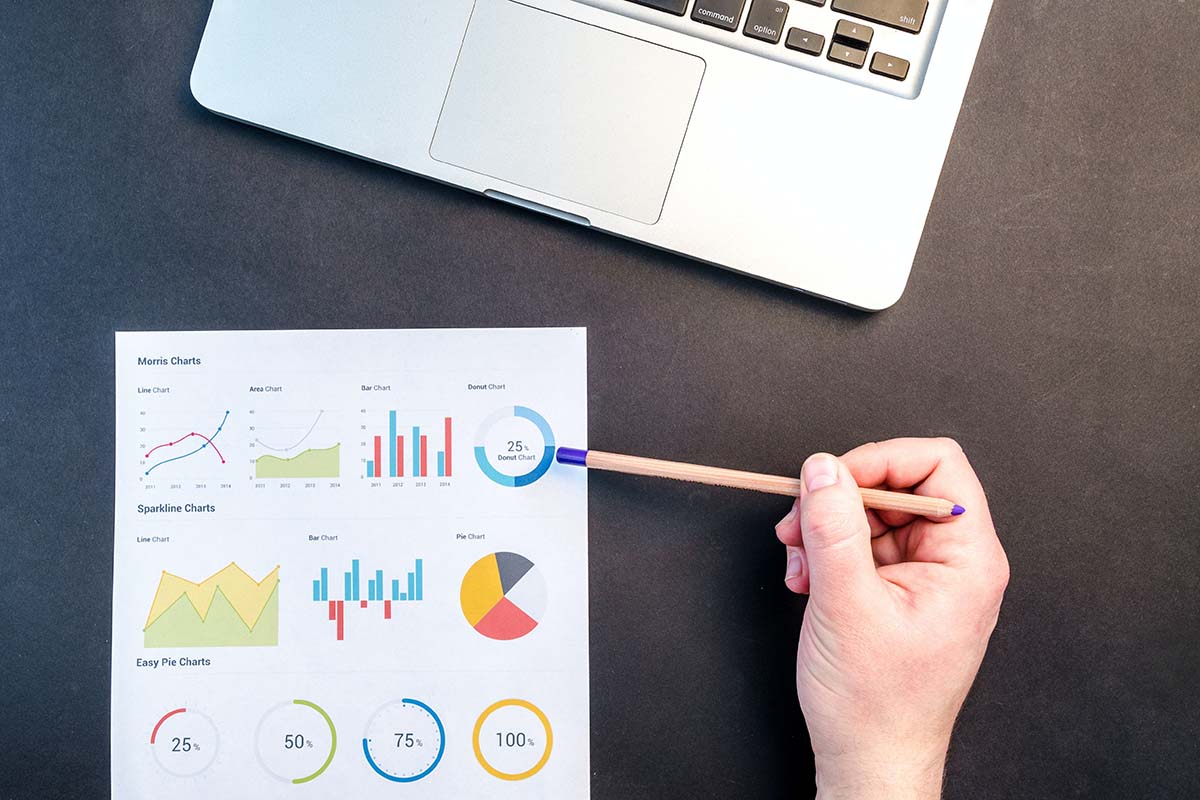9 Startup Costs Every Potential Business Owner Should Know
Starting a new business can be exciting yet very daunting! For many entrepreneurs, the cost of your startup, assessing business profitability, and securing funds for launching their small business can be very stressful.
With funding being the biggest challenge facing most entrepreneurs, it is helpful to be aware of the most potential costs to prepare adequately. Your small business’s infancy years can be challenging, so here are the top nine potential startup costs you should know ahead of your business journey.
Marketing and branding
Marketing and branding costs may include physical materials such as banners, business cards, and signs. You may also want to consider paid advertising mediums and other creative business solutions like promotional video content and giveaways that give rise to the need to employ a content creator, hire an influencer, or video producer.
While all these are excellent for giving your business that promising start, it is vital to ensure that your marketing costs don’t take more than 10% of your business budget. Thanks to social media and online resources, there are several ways to do most of these for free.
Tools and equipment
Every business needs the right equipment to function. A shipping or moving company will need to purchase a truck, just as starting a restaurant will require you to have ovens, dishware, stoves, and cooking utensils.
For a beauty parlor, styling chairs are necessary to get started. Presently, almost every business needs a computer. Yet, equipment costs for your startup may depend on your business size or a particular industry.
Incorporation fees
Choosing your business entity is fundamental for setting up your small business. This, however, comes with some legal, tax, and financial implications.
If you are forming a limited liability company or incorporating your small business, you will need to file articles of organization or incorporation with your state. Depending on your region or state, this usually costs between $50 and $725. However, incorporation fees generally cost below $300 in most states.
Location expenses
It is essential to consider build-out costs when starting a new business or updating another location. Build-out costs include updating your business location, interior design, and other structural changes to suit the business.
Your landlord may pay a part of this cost if you sign a long-term lease on the properties, let’s say three to five years. However, the costs will depend on the internal space size and your type of business. However, budgeting at least 25% more for the build-out is advisable due to other unexpected and construction averages.
Office space
Whether you rent or buy an office or retail space doesn’t matter. It will always take a chunk of your fixed costs. You may have to pay between $100 and $1000 per month for each employee, but it will depend on the space you intend to use.
However, you can eliminate this cost by working from home, at least for your early years, or finding available coworking spaces, a cost-effective option for small businesses. Additionally, if your business is service-based, you may travel to deliver to your customers to manage your overhead costs.
Inventory expenses
You will need to secure inventory to begin selling as early as possible if you start a distribution, manufacturing, wholesale or retail business. It can be tricky to determine how much stock you need since keeping too much will risk damage or high storage costs. Keeping less will likewise mean risking sales or customers who won’t wait for your next order.
Unfortunately, this is the case for most seasonal businesses, as sales can vary significantly during parts of the year. However, experts have advised allocating 17% to 25% of your budget on inventory, although it should depend on your particular industry.
Professional consultant expenses
It is tempting to take a DIY approach with your operations to reduce costs when starting a new business. After all, nobody knows your business as you do. However, working with experts and professionals can be worth your investment.
For instance, an experienced tax attorney can help you understand the various legal business structures and help you fulfill your employer responsibilities, particularly those related to your startup business.
This way, you can avoid any future expensive battles with the law. However, you will need to determine whether you need your tax attorney to help with every business need or just with your tax planning.
Website costs
Every business needs a website in today’s digital era. While the cost of your website may vary based on your particular features and needs, you can take a DIY approach to design one for yourself. You can use several platforms and builder tools to create your website without any coding and programming knowledge.
However, hiring a web designer to take up this job would be best if you want a professionally designed website focusing on SEO practices and other online technologies to enhance your online marketing efforts.
A website could cost you around $1,500 and $2,500 if you hire a professional since they will also have to secure your business domain name before somebody does. The website will offer information on your business, such as its products and services. Having a website is a worthwhile investment.
Startup Costs: staff and payroll expenses
Payroll will pose an additional cost if you intend to hire more employees. You will require a bookkeeper, accountant, or payroll manager to take care of your payroll.
However, many small business owners usually handle this themselves with some software assistance. There are other likewise payroll software that allows you automatically pay your payroll taxes every quarter with ease.
More so, it is essential to have enough funds to cover at least two months of your staff wages before launching your business. This offers you ample time to cover those rough patches where sales may be below. It helps to also have some additional cash in the bank to cover other business expenditures for its first two or three months.
When starting a new business, it is critical to know your costs to avoid running out of funds. You don’t want to get caught midway through your startup years scrambling for funding from potential investors and banks.
It won’t do you any favors to keep your customers waiting for your products because of financing. It is wise to know what’s ahead and plan accordingly.




















